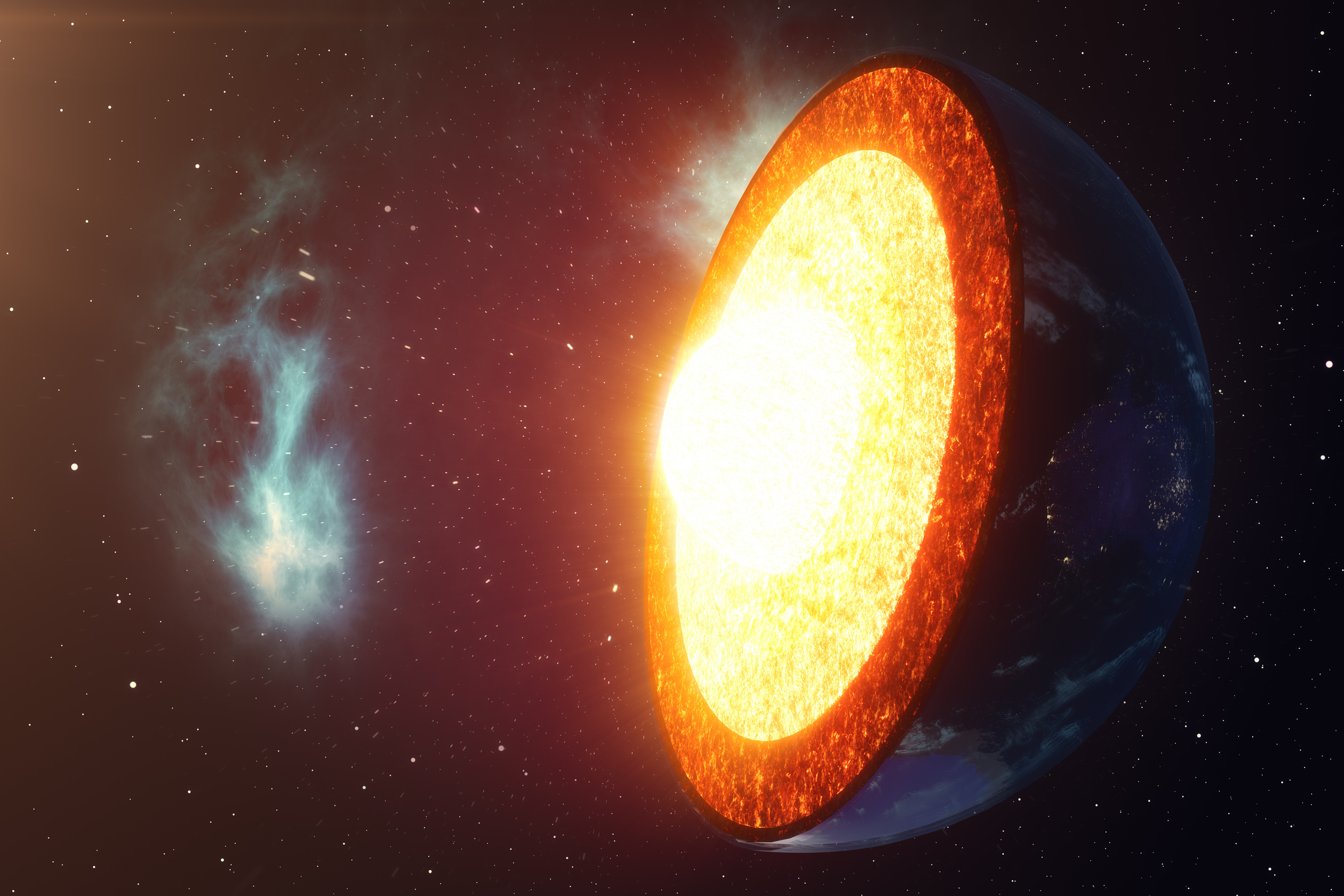Earth's inner core may have 'paused' its rotation. But don't panic.


A free daily email with the biggest news stories of the day – and the best features from TheWeek.com
You are now subscribed
Your newsletter sign-up was successful
Don't freak out, but ...
Earth's inner core — otherwise known as the "dense center of our planet," as The New York Times describes it — may have actually "paused" its rotation as it prepares to begin turning the other way, a new study published Monday in the Nature Geoscience journal has suggested.
Further, the research from study co-authors Yi Yang and Xiaodong Song of Beijing's Pekin University indicates that the readjustment is part of a 60 to 70-year cycle in which the planet's inner-most core shifts its rotational direction every few decades or so. The pair's potentially revelatory findings could help solve "longstanding mysteries about climate and geological phenomena that occur on a similar timeframe, and that affect life on our planet," Vice News reports.
The Week
Escape your echo chamber. Get the facts behind the news, plus analysis from multiple perspectives.

Sign up for The Week's Free Newsletters
From our morning news briefing to a weekly Good News Newsletter, get the best of The Week delivered directly to your inbox.
From our morning news briefing to a weekly Good News Newsletter, get the best of The Week delivered directly to your inbox.
If this underground shift sounds scary and potentially world-ending, don't worry — it's not. In actuality, it has probably been happening under the surface "for eons," Times adds.
Considering its location, not much else is known about Earth's inner core, which Yang and Song described to the Times as a "planet within a planet." In conducting the study, which analyzed seismic waves as they reached the core, the pair hoped to learn more about the movements within the layer and further their understanding of how the center connects with the rest of the world.
The supposed readjustment is unlikely to dramatically affect life closer to the planet's surface, the Times notes, though it could potentially cause "subtle shifts in the planet's magnetic field" or "tweak the length of a day, which is known to increase and decrease by a fraction of a millisecond every six years."
It is also worth noting that there are competing inner-core theories to Yang and Song's, though the duo's analysis "is probably as good as anything at the moment," earth sciences professor John Vidale told The Wall Street Journal.
A free daily email with the biggest news stories of the day – and the best features from TheWeek.com
Brigid Kennedy worked at The Week from 2021 to 2023 as a staff writer, junior editor and then story editor, with an interest in U.S. politics, the economy and the music industry.
